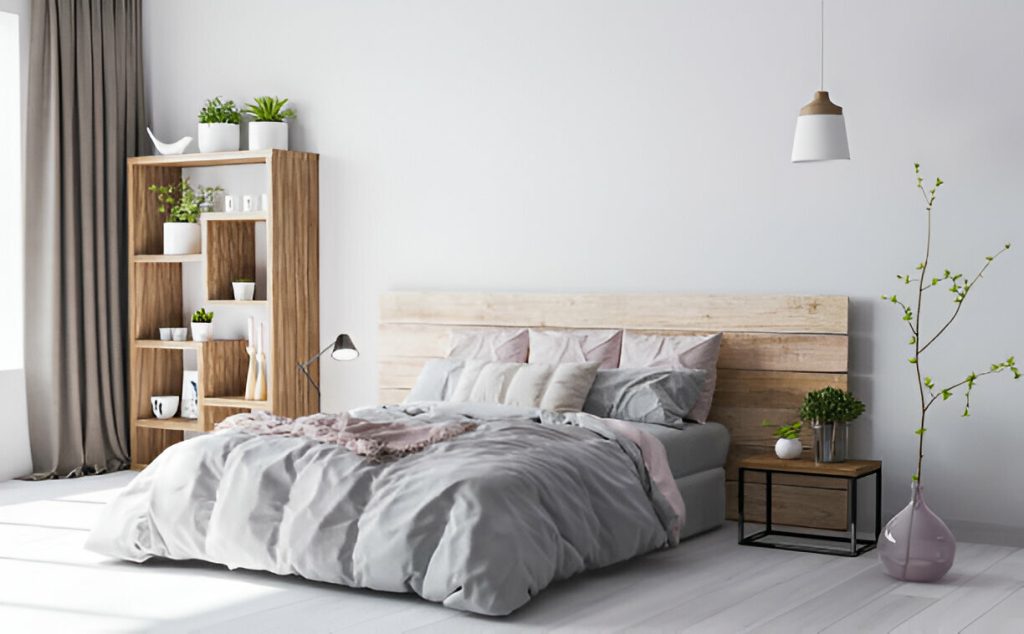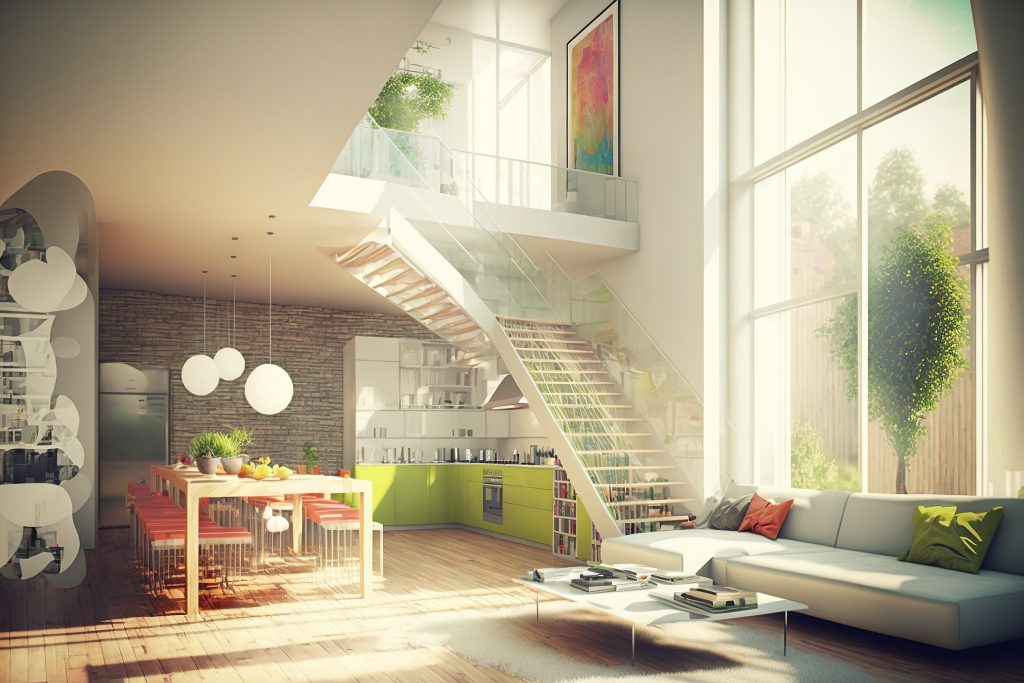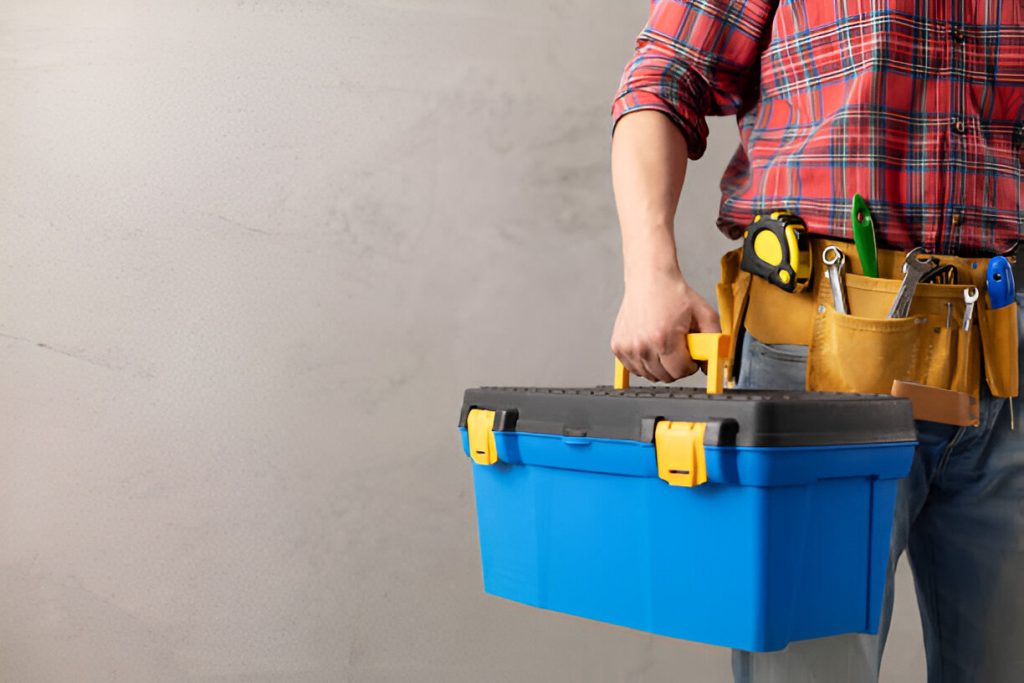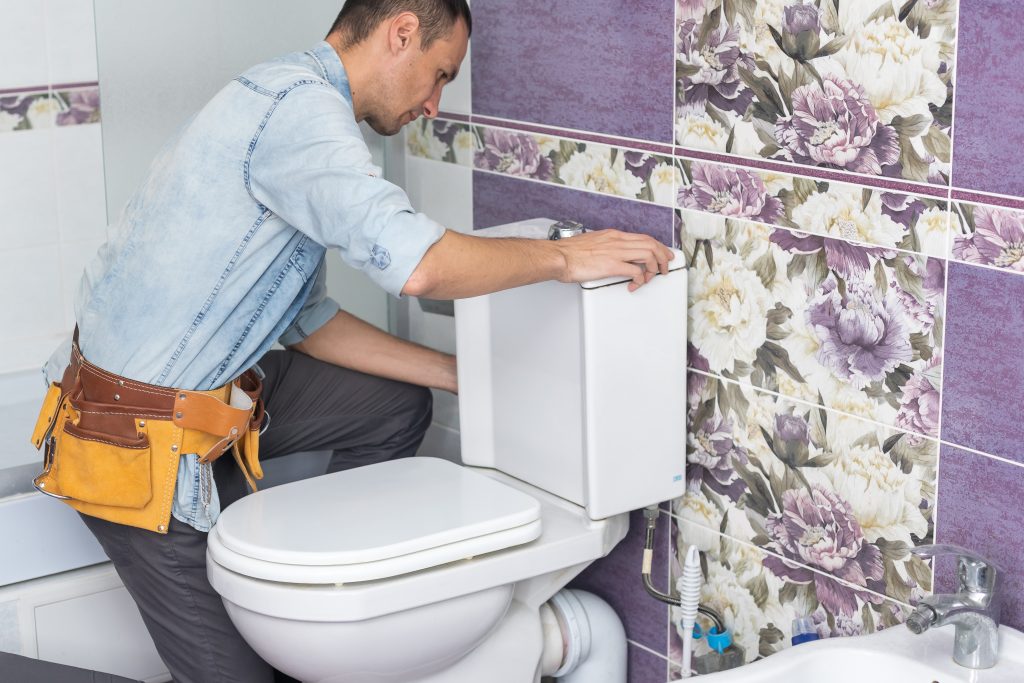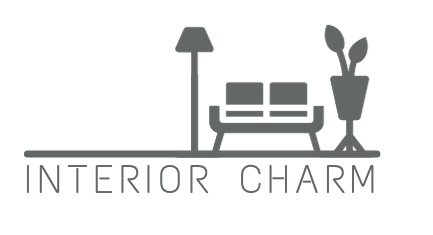But before you start envisioning your dream bathroom, it’s important to understand the price tag that comes along with it. While the cost can vary depending on various factors, such as the type of bathroom and materials used, there are some key considerations that can help you estimate the overall expenses. So, if you’re curious to find out how much it really costs to build a small bathroom, keep reading to uncover the factors that impact the price and discover some money-saving tips along the way.
Factors Affecting Bathroom Addition Costs
The cost of adding a bathroom to your home can vary depending on several factors. One important consideration is the location of the bathroom within your house. If you are able to place the bathroom near existing plumbing lines, it can help reduce costs. On the other hand, if you need to bring plumbing to a new area of the house, it can increase the overall cost of the project.
Another factor that can impact the cost of adding a bathroom is the features you choose. Upgrading to luxury fixtures or adding special features like heated floors or a spa tub can significantly increase the cost. Additionally, the age of your home may require additional work, such as updating electrical or plumbing systems, which can add to the overall cost.
It’s also important to plan for unforeseen costs and have a contingency fund in place. Renovations can often uncover hidden issues that need to be addressed, such as water damage or structural problems. Having extra funds set aside can help cover these unexpected expenses.
Labor costs are another significant factor to consider. On average, labor makes up 50-55% of the total project cost. Hiring professionals ensures that the work is done correctly and up to code, but it does come at a higher cost compared to doing it yourself.
Considering these factors will help you get a better understanding of the costs involved in adding a bathroom to your home. It’s important to plan and budget carefully to ensure a successful and cost-effective project.
Cost Breakdown by Bathroom Type
When it comes to the cost breakdown of adding a bathroom, it’s important to consider the different types of bathrooms and their associated price ranges. The cost breakdown varies depending on the type of bathroom you want to build. A half bathroom, which typically contains a toilet and sink, can cost anywhere between $3,000 to $12,000. A three-quarter bathroom, which includes a sink, toilet, and shower stall, ranges from $5,000 to $18,000. If you want a full bathroom with a sink, toilet, shower, and bathtub, the cost can range from $7,000 to $30,000. For those looking for a wet room, which is a waterproofed bathroom, the cost can range from $10,000 to $32,500. If you’re considering a Jack and Jill bathroom located between two bedrooms, you can expect to pay between $14,500 to $54,000.
When determining the cost breakdown, there are several factors to consider. Size considerations play a significant role in the overall cost. The larger the bathroom, the more materials and fixtures you will need, which can drive up the cost. Plumbing and electrical work are also important factors to consider. The complexity of these tasks can affect the overall cost, especially if there are significant changes or additions required. Material choices, such as flooring, countertops, and fixtures, can also impact the cost. Finally, contractor selection is crucial. Different contractors may have different rates, so getting multiple quotes and choosing a reputable contractor is essential.
Cost Breakdown by Bathroom Size
To determine the cost breakdown by bathroom size, consider the square footage and the specific features you want to include in your bathroom. The size of the bathroom plays a significant role in determining the construction expenses. A small half bath, ranging from 15 to 20 square feet, may cost around $3,000 to $5,000 for conversion and $6,000 to $10,000 for addition. For a small three-quarter bath, which typically measures 25 to 40 square feet, the cost can range from $5,000 to $10,000 for conversion and $10,000 to $20,000 for addition.
As the size of the bathroom increases, so does the cost. A medium-sized full bath, ranging from 40 to 50 square feet, may cost around $8,000 to $12,500 for conversion and $16,000 to $25,000 for addition. For a large full bath, with a size of 50 to 100 square feet, the cost can range from $10,000 to $25,000 for conversion and $20,000 to $50,000 for addition. Lastly, a primary bath, which typically measures 100 to 200 square feet, may cost around $20,000 to $50,000 for conversion and $40,000 to $100,000 for addition.
These cost breakdowns include labor costs, material choices, and design options. Keep in mind that these figures are estimates, and actual costs may vary based on factors such as location, complexity of plumbing and electrical work, and the finishes and fixtures chosen. It’s important to carefully plan your budget and consider your specific requirements when determining the cost of building a small bathroom.
Additional Factors Affecting Bathroom Costs
Consider the specific features and fixtures you want to include in your bathroom, as they can significantly impact the overall cost. Factors affecting bathroom design, such as the choice of materials and finishes, can greatly affect the final price. Opting for cost-effective bathroom fixtures can help you save money without compromising on quality. Additionally, keep in mind the current bathroom remodeling trends to ensure your design is modern and appealing.
When adding a small bathroom, maximizing space is crucial. Common mistakes in bathroom additions include not utilizing the available space efficiently. To make the most of a small bathroom, consider installing space-saving fixtures like corner sinks or wall-mounted toilets. These can help create a more open and spacious feel without sacrificing functionality.
Furthermore, carefully consider the materials used for flooring and tub/shower surrounds. Choosing cost-effective options, like vinyl or porcelain tile, can help keep the overall cost down. It’s also essential to consider the complexity of plumbing and electrical work required. If extensive changes are needed, this can significantly impact the cost of the project.
Hiring a Professional Vs. DIY Bathroom Addition
Hiring a professional for your bathroom addition project ensures that you receive expert expertise, efficient completion, and high-quality workmanship. Here are some perks of hiring a professional for your bathroom addition:
- Expertise: Professionals have the knowledge and experience to tackle complex tasks like plumbing and electrical work. They can ensure that all work is done correctly and up to code.
- Efficient completion: Professionals can complete the job faster than DIYers. They have the necessary tools, skills, and manpower to get the job done efficiently.
- High-quality work: Professionals take pride in their work and strive for perfection. They have the skills to deliver high-quality craftsmanship and ensure that the end result meets your expectations.
However, DIY bathroom additions also have their own set of challenges. Before deciding to tackle the project yourself, consider the following:
- Assessing skills and time commitment: Assess your own skills and the time you can commit to the project. Bathroom additions require various skills, including carpentry, plumbing, and electrical work. If you lack the necessary skills or don’t have enough time, it’s best to hire a professional.
- Licensing and insurance requirements: Professionals are licensed and insured, which means they have met certain standards and can provide liability coverage. This protects you and your property in case of any accidents or damages during the project.
- Reference checks: When hiring a professional, it’s important to check their references. This will give you an idea of their past work, reliability, and customer satisfaction.
Cost of Adding a Bathroom
When it comes to adding a bathroom to your home, understanding the cost is an important factor to consider. The average cost of adding a bathroom can vary depending on several factors, including the type of bathroom, the size of the bathroom, and the location within your home. A small bathroom design, such as a half bathroom or a three-quarter bathroom, can range in cost from $3,000 to $18,000. The labor cost for adding a bathroom typically accounts for around 50-55% of the total project cost. It is important to hire a reliable and experienced bathroom contractor who can provide you with an accurate estimate and complete the project efficiently. To save on costs, consider using cost-effective materials and finishes, reusing existing plumbing connections if possible, and doing some of the work yourself, if you have the necessary skills. Getting multiple quotes from contractors can also help you compare prices and find the best deal. By understanding the average cost, labor cost, and implementing cost-saving tips, you can effectively plan and budget for adding a bathroom to your home.
DIY Vs. Professional Installation Pros and Cons
If you’re considering adding a bathroom to your home, it’s important to weigh the pros and cons of DIY installation versus hiring a professional contractor. Here are some factors to consider:
- Pros of DIY bathroom addition:
- Cost savings: Doing the work yourself can save you money on labor costs.
- Personal satisfaction: Completing a DIY project can give you a sense of accomplishment.
- Flexibility in design: You have complete control over the design and can customize it to your preferences.
- Cons of DIY bathroom addition:
- Lack of expertise: Bathroom installation requires plumbing and electrical work that may be beyond your skill level.
- Potential for mistakes: Without professional guidance, you may make costly errors during the installation process.
- Longer completion time: DIY projects often take longer to complete, especially if you have limited time to dedicate to the project.
- Benefits of professional installation:
- Expertise: Professional contractors have the skills and knowledge to handle all aspects of bathroom installation.
- Efficient and timely completion: Professionals can complete the project faster and more efficiently.
- Higher quality work: Hiring professionals ensures that the work is done to a high standard and meets building codes.
When deciding between DIY and professional installation, consider your skills, available time, and budget. If you have the necessary expertise and time, DIY may be a cost-effective option. However, if you want a high-quality, efficient installation and don’t mind the higher cost, hiring a professional contractor is the way to go.
To save money on a bathroom addition, plan and budget carefully, consider reusing existing plumbing connections, choose cost-effective materials, and do some of the work yourself if you’re capable. Additionally, get multiple quotes from contractors to compare prices and find the best deal.
Factors Affecting Cost and Money-saving Tips
To effectively manage the cost of adding a bathroom, it is essential to consider various factors and implement money-saving tips. One important factor to consider is the return on investment (ROI) for the bathroom addition. While a bathroom addition can add value to your home, it typically returns about 50% of the initial cost upon sale.
Labor cost is another significant consideration. Professional labor typically accounts for 50-55% of the project costs. While it may be tempting to attempt a DIY bathroom addition to save money, it is important to recognize that this type of project can be difficult and time-consuming. Hiring professional contractors ensures that the work is done efficiently, maintains the value of your home, and meets building codes.
When it comes to the details of the bathroom addition, the size of the bathroom plays a significant role in cost. A small half bath (15-20 square feet) can cost around $3,000 to $5,000 for conversion and $6,000 to $10,000 for addition. On the other hand, a large primary bath (100-200 square feet) can cost between $40,000 to $100,000 for addition.
Choosing the right bathroom contractor is crucial. Look for licensed, bonded, and insured contractors with experience in bathroom additions. Read reviews and consider professional organization memberships. When getting estimates, make sure they include all material and labor costs. Asking important questions will help you find the right contractor for your project.
